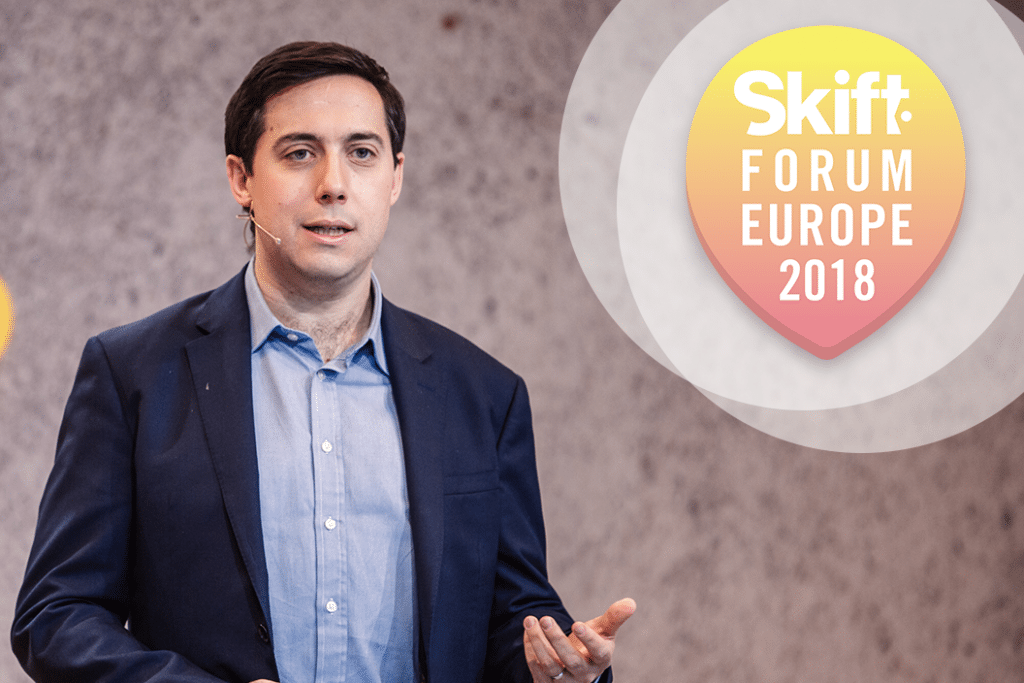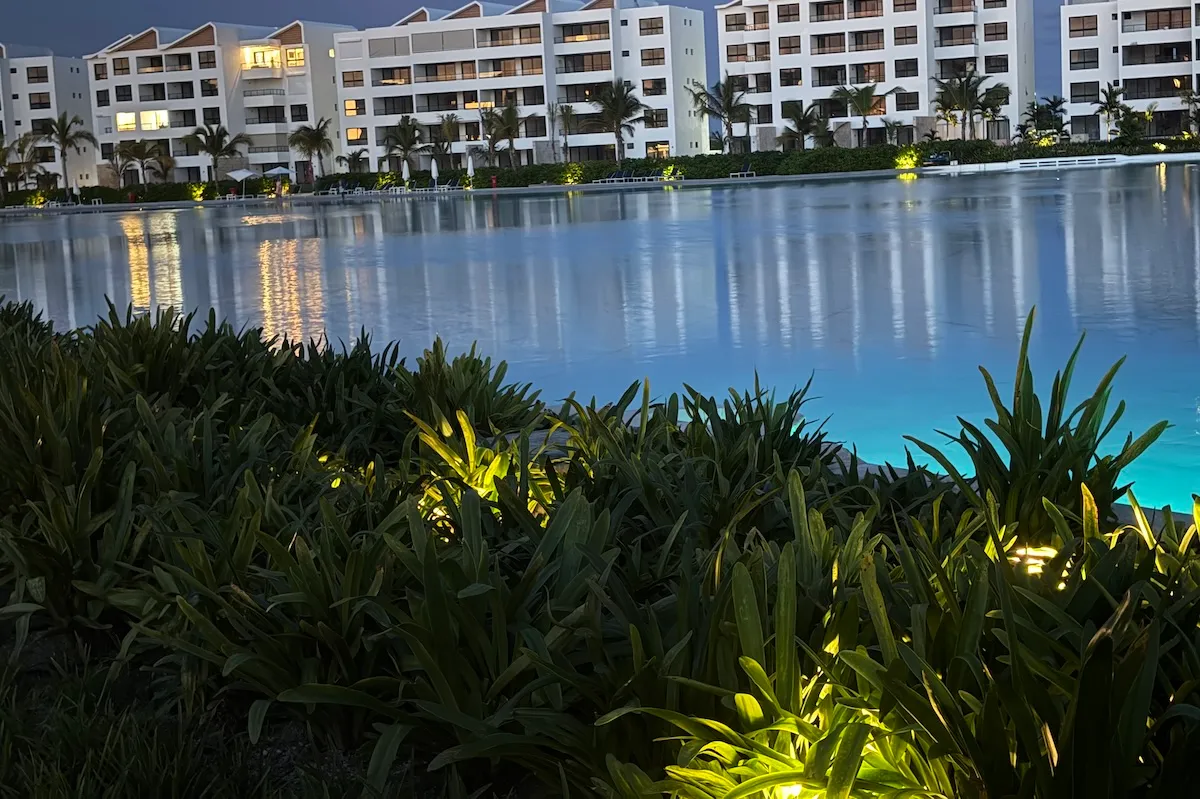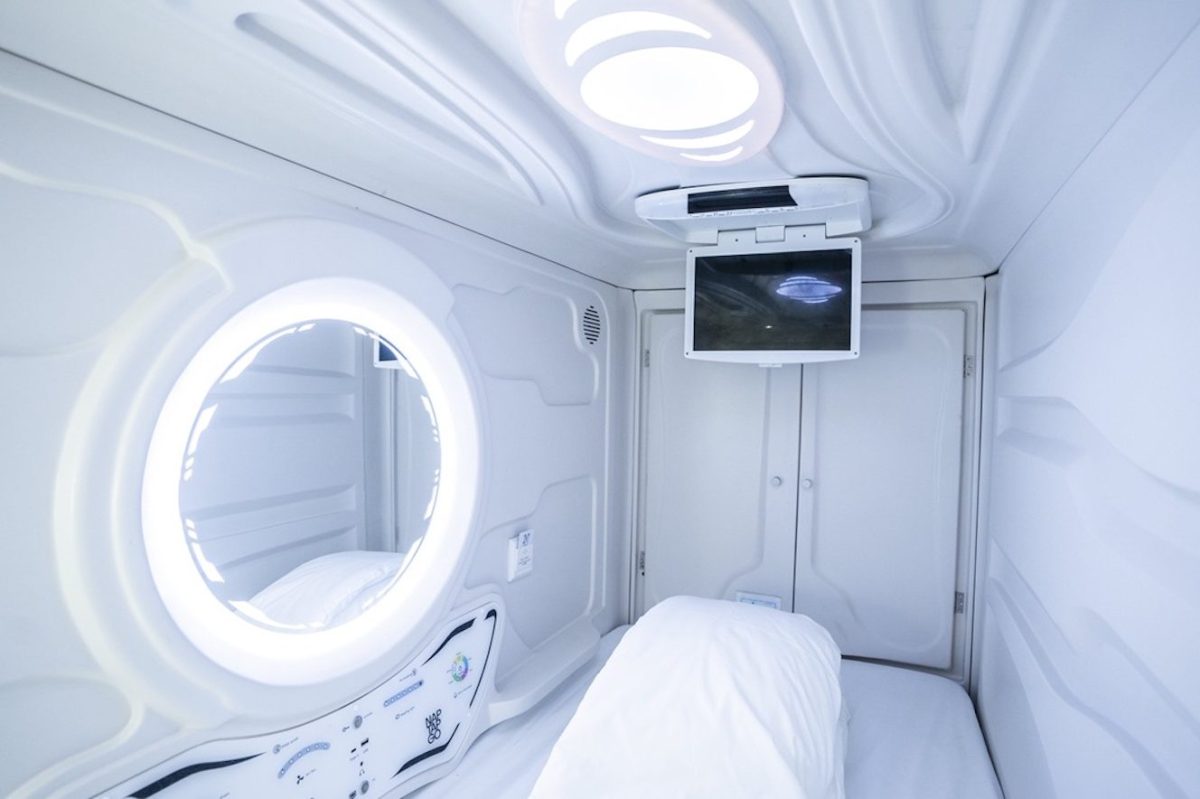Video: Why the Reported Demise of Packaged Travel Was Greatly Exaggerated

Skift Take
As a senior analyst for Bernstein covering European leisure and hotels, Richard Clarke knows the prevailing sentiment about tour operators such as Thomas Cook or TUI Group.
"I spend my days talking to multi-millionaire New York hedge fund managers, and trying to tell them that packaged tourism is a real growth industry is a tough sell," he said during a presentation at Skift Forum Europe in April.
That attitude, he said, put pressure on the share price of TUI and Thomas Cook in the past.
"Investors did not believe that this was anything other than an industry that was both disreputable and archaic," Clarke said. "As you saw the growth of the online travel agents, the growth of low-cost flying, it was much easier to put packages together yourself — and you saw a big loss of share of the packaged tourism industry over that decade."
But those kinds of companies have started to gain ground again. In fact, Clarke said, packaged tourism businesses have been the best-performing shares in his coverage for the last year.
TUI shares are up 50 percent compared to a year ago, and Thomas Cook has seen a 20 percent increase in share price.
Clarke said part of the reason these companies are faring better is because tourists want to be accompanies by a trusted name.
"They actually fit in quite well with the sort of current zeitgeist of this anxiety of travelers," he said. "You ask someone who got off the plane at Tunisia when the first plane went back, 'Why were you happy to go back to Tunisia?' They would say, 'It's because Thomas Cook has gone back.' And it's because they are providing that trustworthy name it actually fits in much better with the current trends in travel than most people expect it to."
Clarke also highlighted the prospects for Western hotel brands in China, where the high-spending population is growing faster than the middle class.
"You're seeing much faster growth at the premium end of the Chinese segment," he said. "That means there is more and more demand for luxury hotels, luxury travel brands in China."
And the most sought-after luxury hotel brands in China, Clarke said, are European and U.S. brands such as Waldorf Astoria, St. Regis, and Ritz-Carlton.
"There is much more popularity of those Western brands in China than there is in Europe and the U.S.," he said. "And that's why we're positive on that trend going forward."
You can watch the entire interview above, or consider reading more coverage of Skift Forum Europe.
At Skift Forum Europe in Berlin, Europe's travel leaders gathered for a day of inspiration, information, and conversation.
For more details on the upcoming Skift Restaurants Forum and Skift Global Forum in New York City, as well as the recent inaugural Skift Tech Forum, please visit our Forum site for details.




